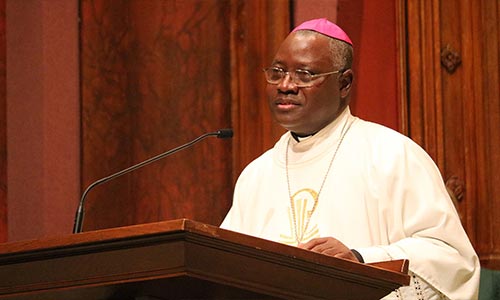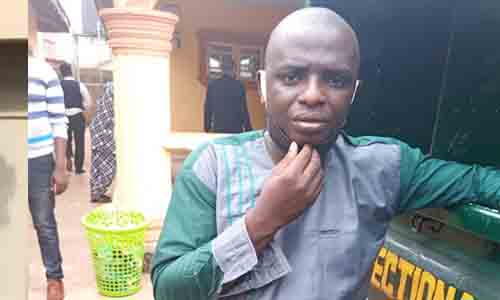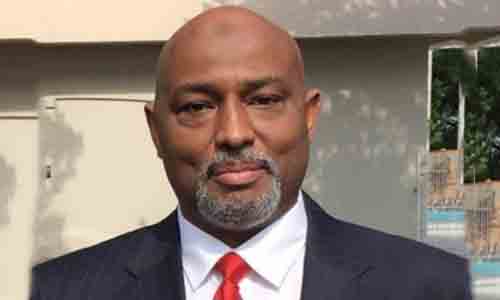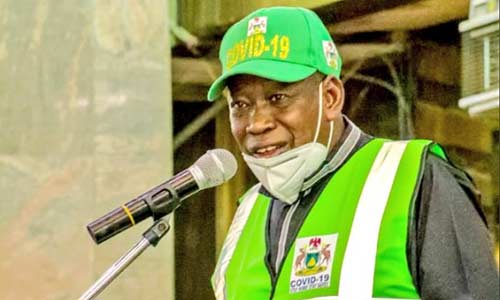The Independent Corrupt Practices and Other Related Offences Commission (ICPC) has shortlisted 12 students for the finals of its 20th anniversary National Essay Competition.
Up for grabs is a total sum of N4.9 million in prize money, for both the students and their schools, in addition to laptops for the students only.
Participating in the competition are students from both public and private secondary schools, with ICPC/EFCC Anti-Corruption or Integrity Clubs.
The competition, which is in senior and junior school categories, received 1,114 entries from 24 students in the first round, which closed on July 16.
According to the ICPC, the first, second and third prizes in the senior category are N1.4 million, N800,000 and N500,000, respectively, for both the students and their schools.
In addition, each of the students would get a personal laptop.
For the junior category, the winners and their schools would cart away N1 million, N750,000 and N500,000, for the first, second and third prizes respectively and a personal laptop for each student.
News Agency of Nigeria (NAN) reports that the senior students wrote on the topic, ”The Role of the Youth in the Fight Against Corruption”, in the first round.
The junior school competitors on their part, wrote on: ‘How to End the Menace of Examination Malpractices’.
Addressing the 12 finalists via webinar on Thursday, the Chairman of ICPC, Bolaji Owasanoye, congratulated them on their emergence.
Mr Owasanoye said the exercise was aimed at driving the fight against corruption into the consciousness of young people across the country.
The ICPC boss also used the opportunity to counsel them on the values of integrity, diligence, sacrifice and self control, among others, which he said, were fundamental to success.
”The competition is about values and integrity and the role that ICPC as a commission plays in this regard.
”The values of integrity define our conduct and our interaction with others.
”I am hoping that young people across the country who have taken time to participate in our competition will become a reference point in the society.
”Whether you win or not is not the issue, what counts is that you have reflected on the things you have written about which the country needs to do to move forward,” he said.
Mr Owasanoye said the 12 finalists would write on another topic in order to determine the final winners. (NAN)








